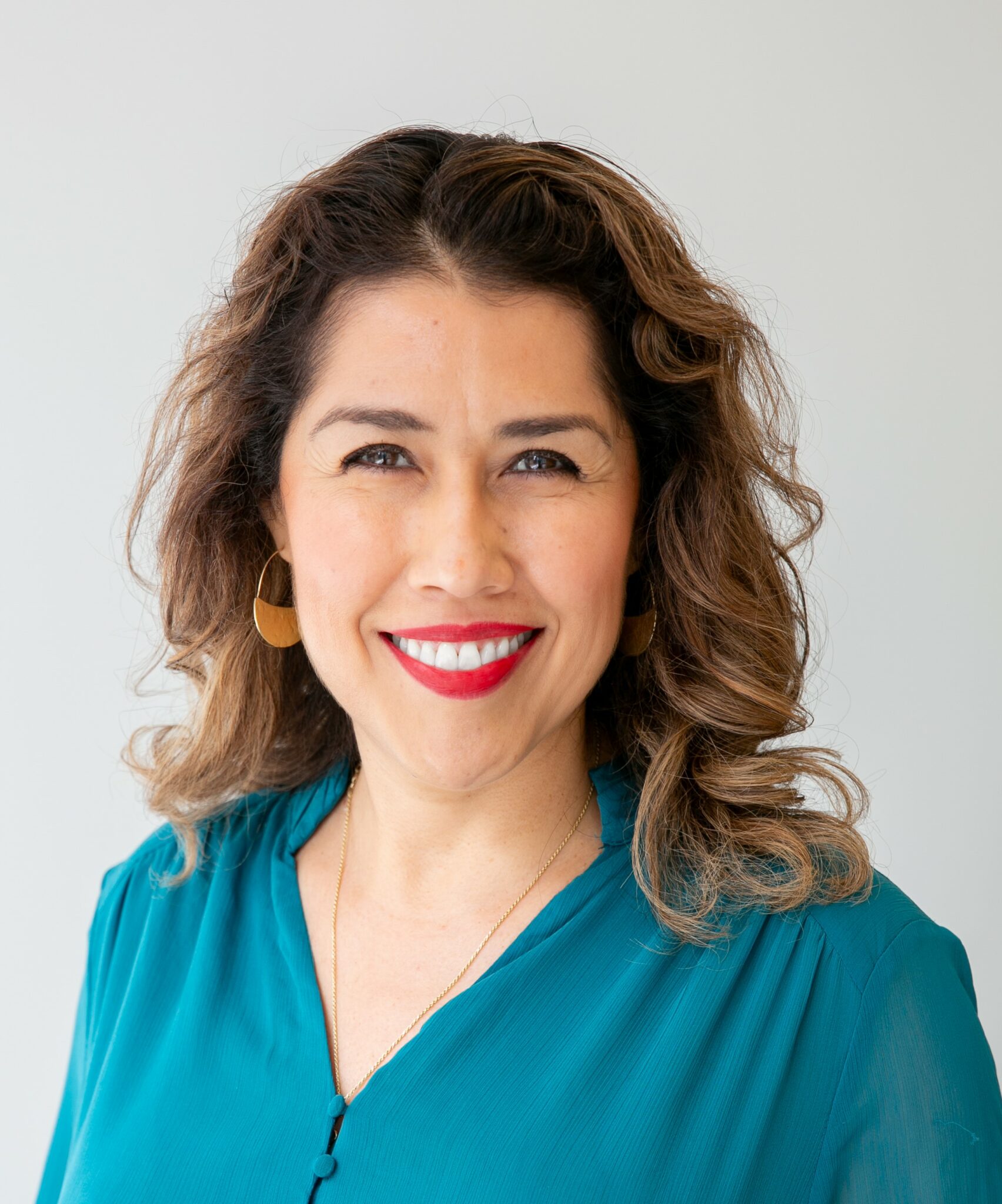As the healthcare industry evolves, more and more nurses choose to work in critical areas based on their interests. Selecting a field of nursing is not something you should take lightly, though. Chances are, whatever you choose, you will work until you decide to move up or to retire. So, how do you go about making a choice, and what will it take to enter this nursing field?
Do nurses have to pick a specialty?
Choosing a specialty is not a requirement, but it does allow nurses to validate their skills and meet the ongoing needs of the healthcare industry.
Even nurses who choose not to pick a specialty will often gravitate towards one organically. Many nurses start their careers in a hospital or healthcare facility as an RN and gain experience. This allows them to get a feel for the different facets of patient care and treatment plans.
Nurses who get additional training in a particular specialty become experts in their profession, affecting healthcare outcomes and patient education. Pursuing a specialty can help nurses succeed faster and work in a field that interests them.
Here’s how to choose your nursing specialty
The specialty options in nursing care are vast, so you should take a comprehensive approach to determine what is suitable for you and your career.
1. Your personality and interest
A practical place to start is to assess what fits best with your personality and your interests. Every nursing specialty has its own unique culture. Your goal is to find one that suits your particular style. This will allow you to fit in quickly and perform at your best.
Do a quick evaluation and see what matters to you in a work environment. Do you like the thrill of emergency care? How about the structure that comes with helping surgical patients? Do you prefer to work alone or as part of a team?
Nurses who enjoy a busy environment with lots of people around might look at these specialties:
- Pediatrics
- Emergency or critical care
- Surgery
- Family practice
- Cardiac care
A nurse who prefers to work alone might do better in:
- Research
- Legal consultant
- Forensics
- Private care
2. Nursing activities: What do you like, and what do you avoid?
A specialty has a significant influence on what a nurse will do each day. You can use the treatment plans you enjoy (and the ones you don’t) as a directional marker pointing you towards a specialty.
A nurse considering a more traditional nursing role in a hospital, for example, might consider patient care one of the best aspects of the job. A nurse who avoids interacting with multiple patients might lean more towards home care or even nursing education.
The nurse who doesn’t enjoy working with children wouldn’t specialize in pediatrics, but one who wants to help women through labor and delivery might opt for obstetrics.
Sit down and write out the tasks you like to perform as a nurse or that you want to learn, and then make a separate list of the ones you wish to avoid doing regularly. Look for a pattern that might steer you in the right direction as you choose your specialty.
If you are unsure, it might be wise to talk to nurses who specialize in an area of interest and see what their jobs entail. You might even consider shadowing them during a shift to see what the day-to-day duties look like.
3. Flexibility – both location and schedule
Work-life balance is another factor to consider. Some specialties require unusual work hours or on-call coverage. Many hospital jobs make nurses work nights, weekends, and holidays, yet most work three days each week. Primary care has a more regular weekday schedule and does not work on holidays.
If you map out your ideal schedule, it might help you choose a specialty that supports it. A parent that wants more time with the family might look at family practice to have predictable office hours. The nurse who wants time off for vacations or to spend with their kids during the summer might study public health and work in the local school system.
4. Future career goals and certification requirements
When deciding on a nursing specialization, it is crucial to examine where you envision your nursing career in ten years. Identifying the ideal trajectory of your nursing career can assist you in determining the measures necessary to achieve that goal.
Nurses looking to specialize should understand the requirements for the job, too. Many nursing specialties will mean additional training and certifications in addition to schooling and experience. You may have to sit for a certification exam.
Once certified, it may be necessary to satisfy annual criteria to maintain your status. The additional requirements may be worth it in the long run because you will gain a professional reputation and increased earning possibilities.
Location can factor into certification and education choices, as well. What are the state requirements for a nurse practitioner specialty, such as family practice or midwifery? The laws vary from state to state, so you must see the criteria for where you live.
5. What kinds of patients do you want to treat?
The nurse whose mother had Alzheimer’s might want to work with seniors. Maybe you want to work with cancer patients or be part of the research team that finds a cure. Reflecting on what inspired you to become a nurse will most likely help you narrow down your search.
Choosing a specialty that corresponds to your unique interests and passions can help you select the specialty best suited to your patient preference.
Also, consider what other professionals you want to work with, such as physicians, physician assistants, or researchers. Do you want to lead a team of nurses and other healthcare professionals, or would you prefer to work alone?
6. Where do you want to work?
Different nursing specialties open up opportunities in a variety of work locations, such as clinics, hospitals, or schools. If you have worked in a hospital, you might decide you want a different healthcare environment. Choosing a nursing specialty can provide the change. Some options to consider include:
- Rehabilitation centers
- Public or private schools
- Corporations
- Long-care facilities
- Memory care programs
- Clinics
- Surgery centers
- Birthing centers
There are even multiple options within a single specialty. For instance, a surgical nurse can work in a hospital or surgery center.
Are you interested in becoming a holistic nursing professional?
Visit the links below to explore our holistic nursing programs:
7. What level of education is required?
Nurses at all levels of education may gravitate towards a particular specialty. But, to have access to certification and the best job opportunities, you can expect to have to meet the education requirements. For many, that will mean at least a Bachelor of Science in Nursing (BSN).
Specialties such as family practice nurse practitioner or midwife will require an advanced degree in nursing, such as a master’s (such as an MSN) or a doctorate. They may also mean a specified number of clinical hours.
It’s essential to do the research necessary to know what specialties you might currently qualify for and if going back to nursing school should be a priority.
Nursing specialty types
The list of potential nursing specialties is long. Some to consider would include:
- Holistic nurse – Holistic nursing focuses on nurturing the whole person. They use their nursing skills in clinics, hospitals, and private practices with patients of all ages and health levels.
- Medical cannabis nurse – A medical cannabis nurse works in a dispensary and aids patients with cannabis products for their medicinal requirements.
- Neonatal nurse (NICU) – Works in the neonatal intensive care unit with premature and at-risk infants.
- Cardiac care nurse – Specializes in the care of patients with heart disease and other conditions affecting the heart.
- Flight nurse – Flight nurses deliver prehospital care from an aircraft. They often handle trauma and other medical emergencies.
- Psychiatric nurse – Trains in mental health to support the well-being of patients with mental health or behavioral conditions.
- Critical care nurse – Takes care of patients in critical condition, typically in an ICU or acute care ward of a hospital.
- Oncology nurse – Provides treatment and support to patients diagnosed with cancer.
- Nurse Anesthetist (CRNA) – Provides anesthesia to patients going into surgery or in need of advanced pain management.
- Dermatology nurse – Trains in the treatment of skin conditions and diseases.
- Pediatric nurse – Specializes in the care of children.
- Burn care nurse – Treats patients with different degrees of burn trauma.
- Family nurse practitioner (FNP) – Specializes in primary care for patients of all ages.
- Ambulatory care nurse – Ambulatory care nurses work in outpatient care settings, including clinics and telehealth programs.
- Nurse midwife – Specializes in women’s reproductive care and childbirth.
- Forensic nurse – Works with victims of violence and abuse.
- Dialysis nurse – Works with patients getting dialysis.
- Travel nurse – Travels from location to location to fill in for a set time. They may go to another city or state and stay anywhere from several days to many months.
- Assisted living nurse – Works with seniors in need of assistance with daily activities and health management.
- Nurse administrator – Administrative role in nursing operations.
- Home health nurse – Works with patients in their home.
The first step for many nurses or students is to look at nursing schools and see what programs they offer. That can give you an idea of what is necessary to work in your chosen nursing specialty. If you are interested in learning more about the nursing programs offered at Pacific College of Health and Science, visit admissions or contact us today.
Featured Posts:

